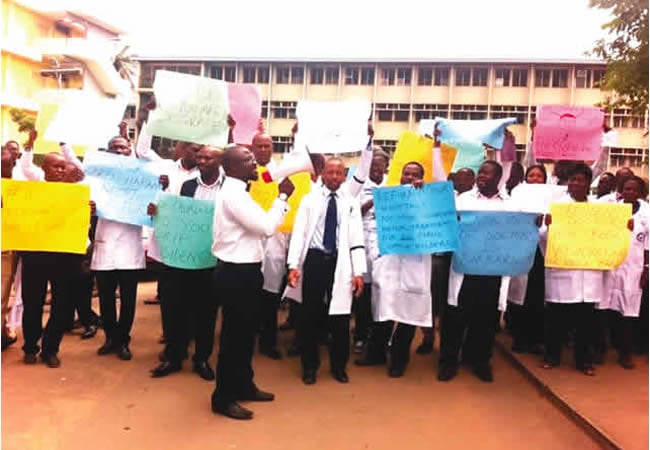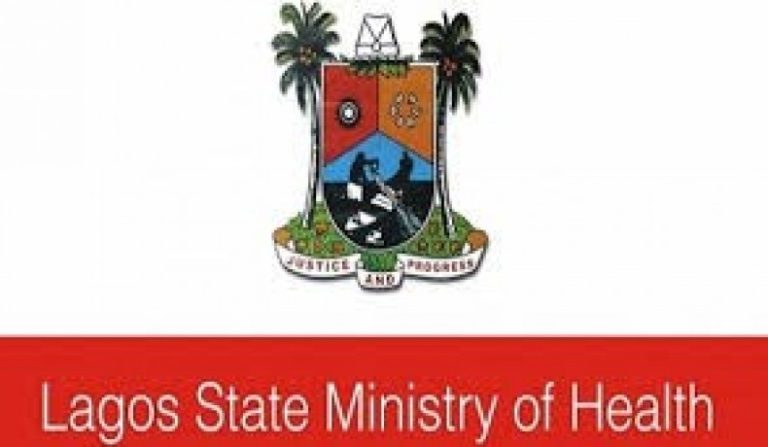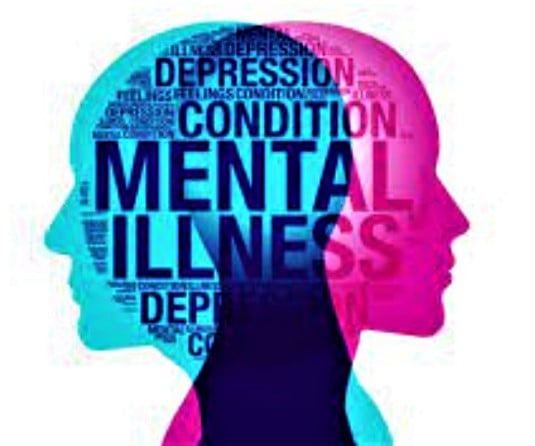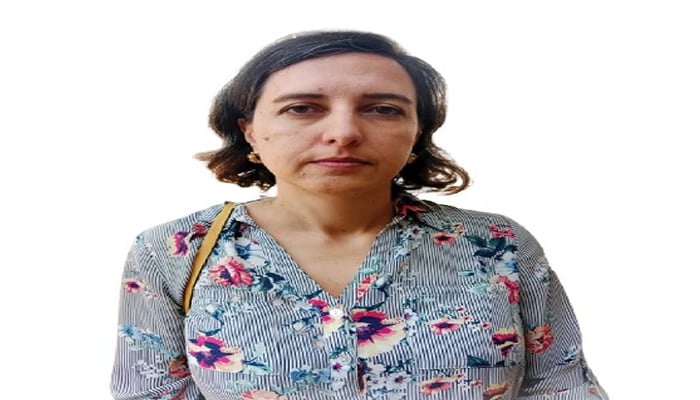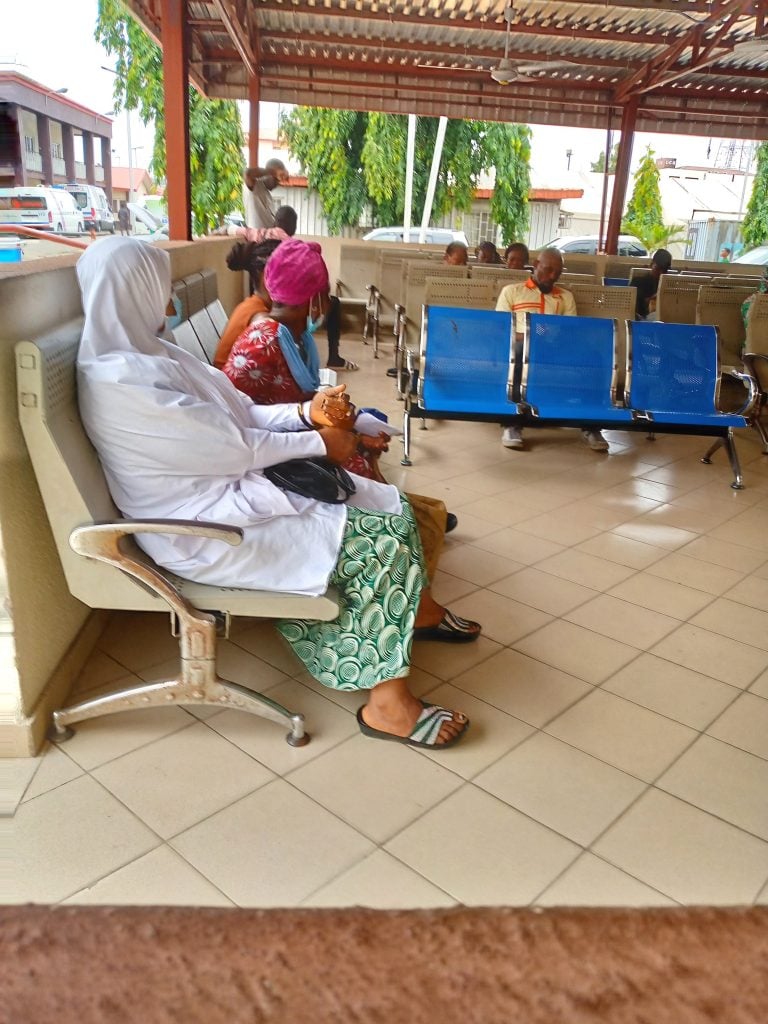By Agency The Registrar of the Medical Rehabilitation Therapists Board of Nigeria, Prof. Rufai...
Health
Dirisu Yakubu The Speaker of the House of Representatives, Abbas Tajudeen, has called for...
By Agency Citing the benefits of technology, a digital public health expert, Zaid Olanrewaju,...
The Lagos State Ministry of Health has partnered with mDoc Healthcare and MSD for...
By Agency The Citizens Advocacy Group on Mental Health Nigeria has called for the...
Public health specialist and the Head of the Human Papillomavirus Programme at Gavi, the...
By Agency The International Committee of the Red Cross has called for the respect...
By Agency The Association of Radiographers of Nigeria, Lagos State chapter, has called on...
The Mandate Secretary, Health Services and Environment Secretariat of the Federal Capital Territory, Dr...
By Janet Ogundepo Stakeholders at the ongoing 33rd Annual General Meeting and 17th Scientific...

